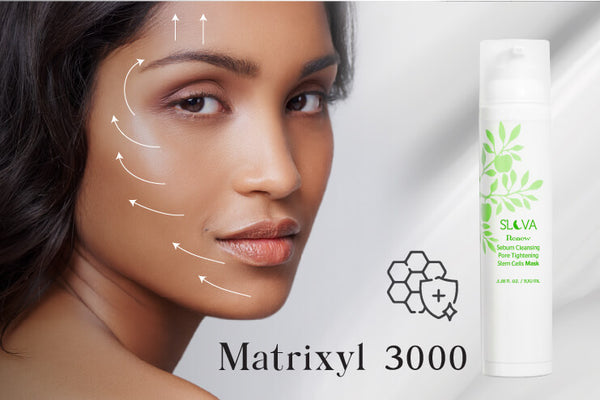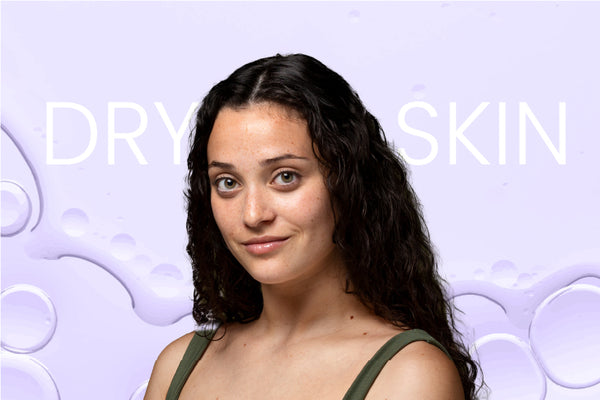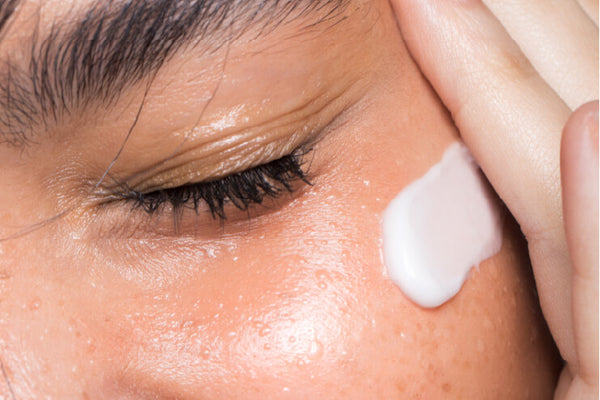Note: "Add 2 products to avail Buy 1 Get 1.
Not Applicable on Combo products."
Facial Oils: 7 Natural Oils To Treat Dry Skin

Whenever we see that our skin is acting up, our concern moves us towards - new products, home remedies, pills, and finding solutions on the internet. But how natural are these solutions? However, it is important to restore the skin's natural look. But we would suggest you do that with the help of natural means.
One of the most important products you should add to your skincare routine: face oils.
In recent years, because of their benefits on the skin, face oils have now become an essential skincare product. Especially, for those with dry skin, face oil can help strengthen the skin's ability to hold onto hydration and protect it from breakage or damage. And for oily skin, face oils help control the protection of sebum and let your skin glow naturally.
However, one of the major misconceptions is that face oils can make your skin oily and greasy. But truth be told, the right facial oils don't make your skin oily, but rather moisturize, hydrate, and make the skin smoother and radiant. And if applied before makeup, it can hold your makeup together.
Some of the major benefits of face oils are:
- Prevent redness
- Reduce blemishes
- Reduce scarring
- Boost moisturization
- Soft and supple skin
- Smooth skin texture
- Improve radiance
- Hold makeup
- Boost skin hydration
Let us tell you in detail about the best face oils to try if you have dry skin
Almond Oil
Almond oil helps in improving the tone and complexion of the skin. It is extremely hydrating and can soothe the skin conditions like dry skin or eczema. As it is rich in vitamin A, it can help in removing spots on the skin. Almond oil is extracted from ripe almonds through a process that uses very little heat. Almond oil contains:
Oleic acid: Human skin naturally has very low permeability (for things to pass through), which helps keep harmful toxins at bay. But the major issue is that it can also stop moisturizers from reaching deeper levels of the skin. Oleic acid makes it easier for the oil to sink deeper into the skin.
B-sitosterol: It is an active moisturizing and skin-soothing agent. Research has also shown that it is strong enough to help treat atopic dermatitis i.e: eczema.
A-tocopherol: Tocopherols provide antioxidant benefits.
Sunflower Oil
Sunflower oil has linoleic acid that protects and moisturizes skin and improves hydration. Its anti-inflammatory properties help soothe dermatitis, it can also protect sensitive skin from irritation. It also enhances the production of skin cells: keratinocytes, which are the main type of cells found in the epidermis. It also encourages the production of natural fats in the skin, which leads to a healthier skin barrier.
Maracuja Oil
Maracuja oil is loaded with linoleic acid and vitamin C which deliver powerful hydration to the skin. It is derived from passion fruit and it absorbs well and reduces inflammation and itching and removes paleness caused by dry skin. It is the best facial oil if cold/dry weather makes your skin red or parched.
Argan Oil
Argan oil is known for its moisturizing and anti-inflammatory properties. It has both oleic and linoleic acids that can be used for both dehydrated, dry, and acne-prone skin. It also helps restore the skin barrier and improves the skin's ability to retain moisture and can help in diminishing the appearance of scars and fine lines.
According to research: "Daily topical application of argan oil has also been shown to improve skin elasticity [81] and skin hydration by restoring the barrier function and maintaining the water-holding capacity."
Olive Oil
Olive oil is a non-fragrant oil that has an intense moisturizing ability. It can be used with any moisturizer, face packs, and even for massage purposes. It has fatty acids: palmitic, linoleic, and oleic acids, that act as great hydration for the skin.
Grapeseed Oil
Grapeseed oil is loaded with moisturizing, anti-oxidant, and anti-inflammatory benefits. Rich in vitamin C, it also gives anti-aging benefits with extra hydration. It also diminishes the lines which are thinner and vulnerable skin on the areas around the neck and eyes. It can be used for both dry and dehydrated skin.
Jojoba Oil
Owing to its skin healing properties, jojoba oil has been finding its uses in so many skincare products for hundreds of years. It is rich in skin-nourishing fatty acids, which creates a protective layer on the surface of the skin that helps the skin to store the moisture in. It is similar to the natural oils on your face, so it can trick your skin into producing less sebum, which prevents the dry skin from becoming excessively oily.
According to research: "The high content of wax esters makes jojoba oil a good repair option for dermatoses with altered skin barriers, such as seborrheic dermatitis, eczematous dermatitis, AD, and acne. Jojoba oil also has a proven anti-inflammatory effect, with potential uses in a variety of skin conditions including skin infections and skin aging."
Coconut Oil
This list can never be complete without coconut oil. As known as the universal oil, or jack-of-all-trades oil, coconut oil is not only good for skin but is good for cooking, hair, oral, and brain health. It intensely moisturizes the skin and retains that moisture. It is best for those with dry skin. It has oleic acid that helps in curing the skin of any dryness or flakes.
Summing up
The right face oils will help you in moisturizing your skin and maintaining the hydration level, and also creating a barrier to keep away the toxins. However, it is very important to learn that not every oil is for everyone, and also, the effects of the oil will depend on the quality and the source from where you're buying. Also, choose your facial oil from a trusted source, and do a patch test before applying it directly to the face.


